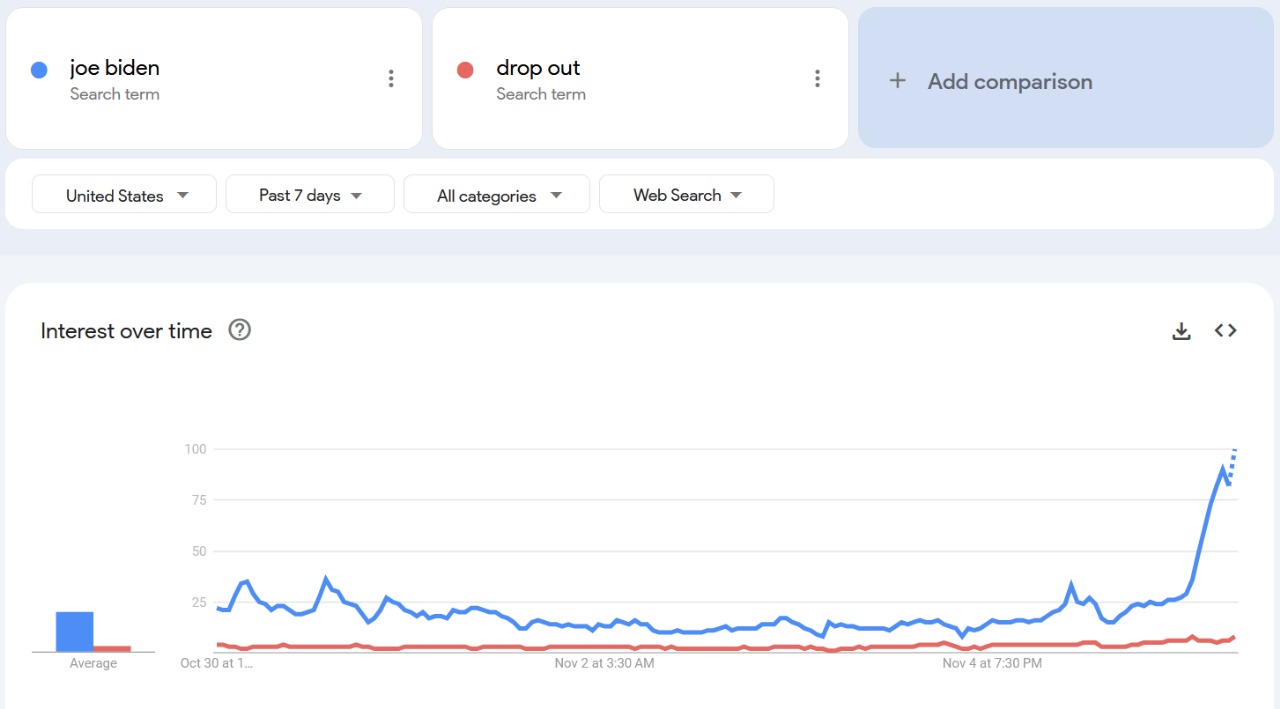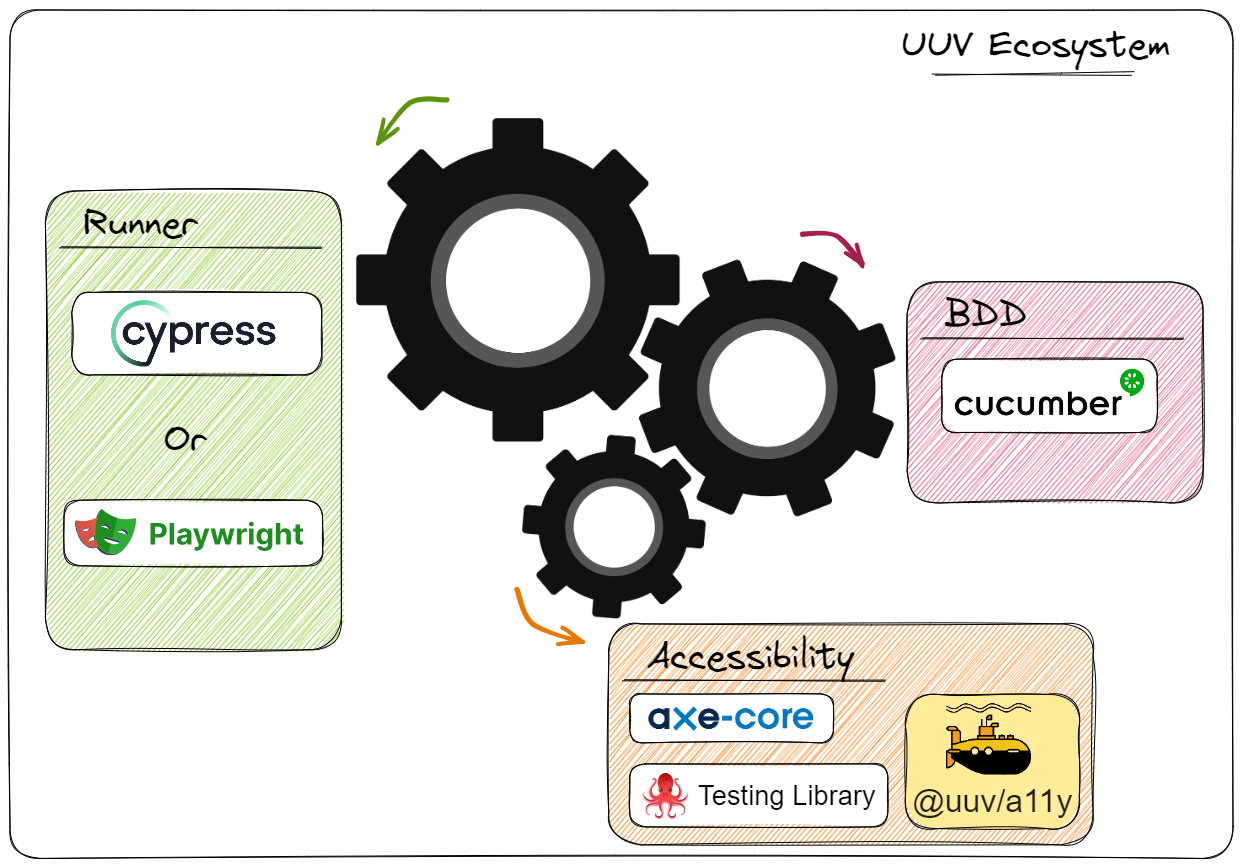

Companies have policies against brigading. They will either remove or will not count these reviews. Google already clarified this I think.


Companies have policies against brigading. They will either remove or will not count these reviews. Google already clarified this I think.


Sorry for the delay. I got busy. I’m not entirely sure this is a dynamic registration issue. Your screenshot points to something like a permission issue. This is a bit wild guess with very limited information.
Do you have any info saved when you attempted to register the client manually and use client id and secret?
I will try to do some tests when I get to my setup. Do ping me if you have any updates.


Oh, so no separate config is used and only env variables I guess. Is it possible for you to get the URL your app is requesting? If yes, please share a sample.
Also double check the realm name. I assume you created a new realm for your use and not using master.


Hi, I have some experience with Keycloak. So I assume you explicitly enabled you are using OIDC dynamic registration.
Can you share the config file after redacting sensitive contents?
I think I got the idea. So essentially a new copy of the file is created and stored only if there is a change, else it just refer to the older SHA. Am I right? Now I understand why LFS was needed for binaries, else it createds a lot of storage problems, but not the huge monorepos.
I’m not a developer, but a design person who covers much more including architecture. But in my org I happen to teach developers how to use Git. Strange, I know. But that is the case. It gave me a good opportunity to learn Git in depth.
I went through your blogs and patch stack workflow. I have to say that I have not been happy with the branching workflow and I always felt that is not the best (I agree to the point about “unjust popularity”). The patch stack workflow makes more sense to me. Unfortunately we won’t be able to adopt, since getting everyone to Git itself was a huge effort. Also developers are not that keen into creating good code, but just working working code. I’m extremely frustrated with that.
Also your blog design is really good. I love it. I always wanted to create something like that. But never managed to sit down and do it. Can you give me a brief about the tech stack used for the blog?
Do you use RNote for diagrams? The style looks familiar. Or is it something else?
Aah. I assumed linting was part of the build also. My bad. I did understand the idea you were mentioning. Just that assumptions kind of threw me off.
I wanted to ask something related to that. As you mentioned, git takes a snapshot of the repo on every commit. So splitting up the bug fix and other activities means you have 3 or 4 commits instead of one. Let us say we are dealing with a very large repo. This does not look ideal in that context right? So do you think the way you proposed is only suitable for smaller repos?


Oh, never heard of amnezia. Never needed actually. But it looks like a good improvement on Wireguard. I will need a separate setup to test it out and currently I’m away from home with no clue when I will return. If I happen to find anything, I will definitely ping you.
In the HN page you linked many people mentioned v2ray. Have you tried that? How good is it?


Have you considered having Headscale on a cheap VPS? We are actually doing that and it is pretty capable. IIRC, you can configure not to use the tailscale servers at all, and use your own public VPS for coordination. Bonus point, tailscale hired the Headscale developer and maintainer, and they are allowed to work on Headscale while on their payroll. The team looks very much into FOSS.


It was originally created for the satire book Our Dumb Century: The Onion Presents 100 Years of Headlines from America’s Finest News Source
This is some next level meta.
So this bit confuses me. The article says in the intent and scope section that the entire process of bug fixing, in the included example, is literal bug fixing, clean up toggle, correct lints, correct duplication. That point to linting issues.
The earlier section says that a commit should be ‘buildable’ and ‘testable’. So if there are linting issues, the commit won’t satisfy this criteria right?
What am I missing here?


Unfortunately that is not how those graphs are plotted.



I found this in their GitHub repo.



Just out of curiosity, and I don’t know anything about testing.
Is uuv is equivalent to Playwright + Cucumber?
Tried neovim a couple of times. Stopped after 10 or 15 mins. Anyone has useful tips to get used to vim/neovim?


I would say exactly that is what you have to describe. As I said certain things cannot be changed with therapy. It can only help you to get in terms with it.
Regarding the last point you mentioned. You are not giving up on her. Exerting constant pressure can’t change certain realities. It is like thinking you can drain an ocean with a bucket and a lot of time.
You have to accept that there is nothing ‘wrong’ with your partner. If she is asexual there is nothing to ‘cure’. You must build your life around this fact to be happy.
This does not mean that your needs should be discarded. In the same way you accept and respect the fact that she is asexual, she also has to take a mature stand and work on finding common grounds or compromises. That is how relationships work, isn’t it?
You start therapy. Remember that you will need to find a suitable therapist. So don’t hesitate to change therapists until you find one you are comfortable with. Maybe the therapist can help you on how this topic needs to be discussed with your partner. That may slowly open up new ways to improve the conditions.


No no… Don’t blame yourself. You did nothing wrong here. Very scientifically speaking we still have no clear answer on how the sexuality of a person is determined. So far there is a consensus that there is a biological factor also in play.
It is not your failure as a partner. These are things beyond your control. She also can’t do much on this. Therapy won’t change the underlying reality. It will just help you to cope up with the hard realities that you are facing.
I highly recommend you take individual therapy if you haven’t done so far. You may have to untangle decades of experiences to get in terms with it. It’s never late, and the right therapist will definitely improve how you handle this.


Oh so sorry. I didn’t realise you were talking about the situation you are in. I thought the first comment was just a thought experiment. I didn’t pay enough attention. My bad.
In your case I guess she can be in the asexual part of the spectrum. One of my friends is facing a similar situation. The partner has no sex drive at all. But the partner is a great person in every other area. That relationship sustained because my friend also has a lower sex drive, but more than what the partner has.
Since this has been so long, I assume you have already tried the couple therapy and individual therapy. If not that is one thing you can try out.
But keep in mind that if your partner is really asexual, there isn’t much that you can do. It’s not their fault in any way. So either you have to accept the situation and build a life around this fact, or you have to move on. Since you have been in the relationship for a long time, I guess everything else is going well. Means you have already chosen the first option.


Oh, I was not aware about the 2022 policy. Thanks for sharing. I completely agree with the last point that if they retain the ‘.io’, it will be a complete opposite of the written policy.
My company has a ‘.io’ domain. We have to plan for the scenario of ‘.io’ getting retired, I guess.


I think the point here is to give it more time and explore as much as possible. No conclusive statements, like this method will work or will not work, cannot be and should not be made considering the smaller time frame they have been together. There are multiple options the OP and the partner can try out if they want.
TBH I am glad the OP is thinking about the long term. The more they explore, the more they will be certain what they can and cannot.
Even though I agree with your second edit, I have to say that the point you mentioned in the first edit is really a concern. India used to have a freeze on the ‘share’ of the national budget that each state will get. It was based on the population from the 1971 census. Now that has been changed to 2011 census data
Even though on the periphery it may look like this is the right thing to do, the problem is much more complex and nuanced. So there have been a lot of initiatives to control population growth in India, starting from 70s and reaching the peak in 90s. Southern states were more compliant and took good initiative to create awareness and enforce other measures. This is a broad generalisation, based on the south and north dichotomy. In general many Northern states were not very keen on that.
The problem is this resulted in a larger population growth in Northern states compared to southern states. So now when the Central Government wants to change the proportion, southern states find it unfair, because their effort in controlling the population in the past is kind of neglected. This problem gets amplified with the fact that the southern states make really good contributions to GDP.
But at the same time, as a nation it is the responsibility of the richer states to share and help the poorer state more, and help them to grow. Without this help even measures including population control and public health, cannot be implemented.
I think this is a bit similar to the issues in Catalonia, and Spain. They contribute much more to the GDP, but get less compared to this from the Government.
I really don’t think there is a straightforward solution to this.